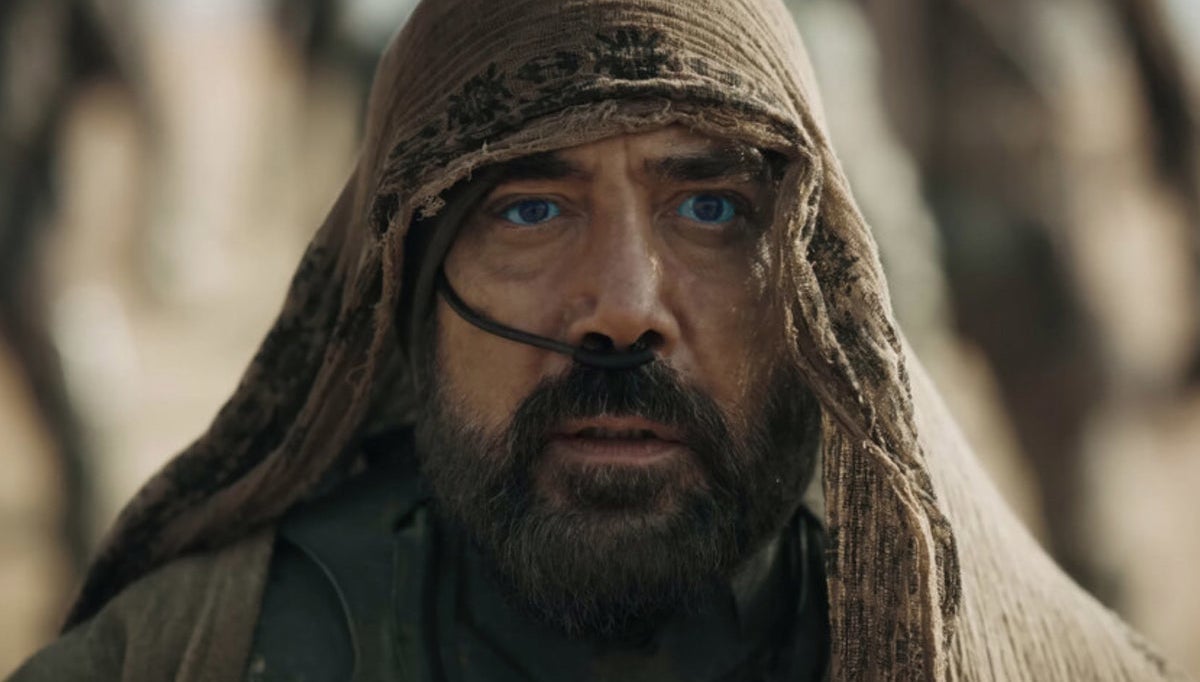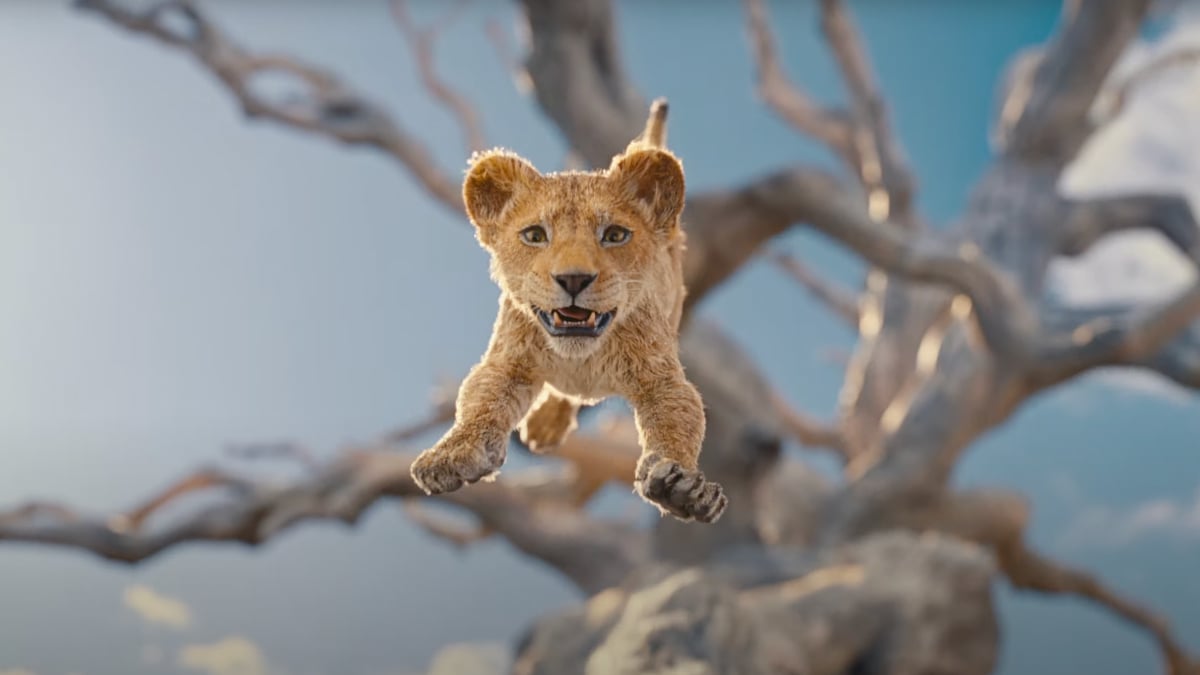Wonka is the surprise hit of the holiday season, telling us the story of a young Willy Wonka (Timothée Chalamet) as he dances his way into his famed chocolate factory. While the movie focuses on his journey into his new life in London, there is one song that really is important in this story.
For many, when you think of Willy Wonka and the Chocolate Factory, the song that comes to mind is easy: “Pure Imagination.” It is a song that tells you to let your wildest imagination take over and to let yourself just dream about what is possible in the world around you, something that Willy Wonka let the kids of the original movie do—even if he had darker intentions that time around.
The song works so well with Wonka because the hope of what’s to come with Willy Wonka and his chocolate factory is still there. There is not cynicism there, and he isn’t the man who is less than excited about the prospect of letting people into his life. He’s happy, carefree, and excited. We’re watching him excitedly creating his factory to share his chocolate with the world, and it is why it makes this song work so well in Wonka, in comparison to the version we already know.
The highs and lows of “Pure Imagination”
In Willy Wonka and the Chocolate Factory, as we see the bright colors of the chocolate factory, Gene Wilder’s take on “Pure Imagination” is colored with his lack of care about the world he’s created. He is disillusioned by his own magical creation, and all the children he has invited to his factory are flabbergasted by the magic of Willy Wonka’s world. Paralleled by the beauty of the song, it is what makes this one of the most iconic moments in movie history.
When you compare it to the Timothée Chalamet version of the song, he is almost the one being surprised and shocked by what he is creating around him. He is creating, looking at the world that he can create just with his own imagination, and getting to see his factory come to life is fascinating to him because he hasn’t been burned by the world and its demands yet.
The two versions of “Pure Imagination” between both takes on Wonka are amazing to unpack because we get to see how much he has changed and grown through the years. This is a man who will eventually go on to lose all his wonderment that we see in Wonka.
He’s not a man who loves to make chocolate, and the joy he has in Wonka vanishes by Willy Wonka and the Chocolate Factory, so to see this take on “Pure Imagination,” compared to the Wilder version, really highlights the journey that Wonka is going to go on between the two films as he gets more embroiled in the business side of things.
(featured image: Warner Bros.)










Published: Dec 24, 2023 02:30 pm